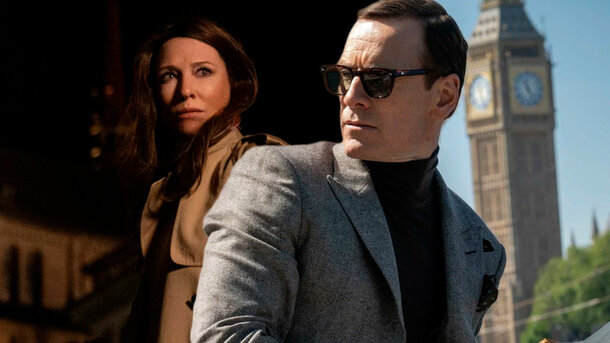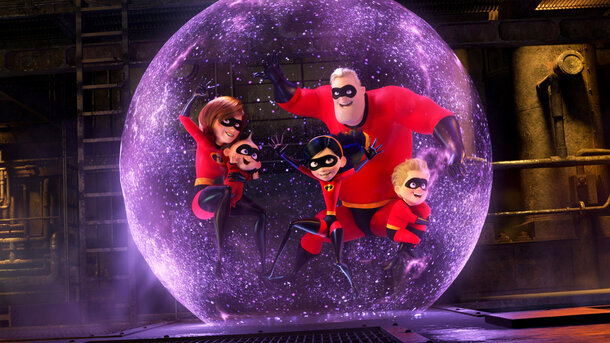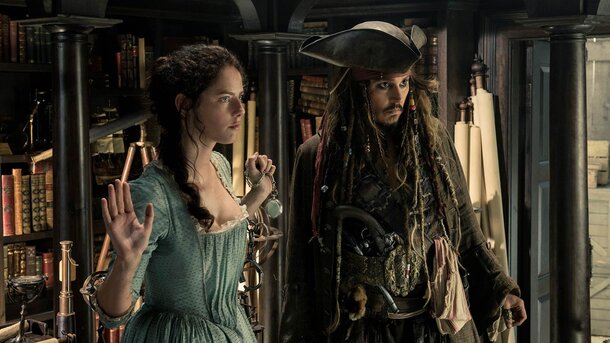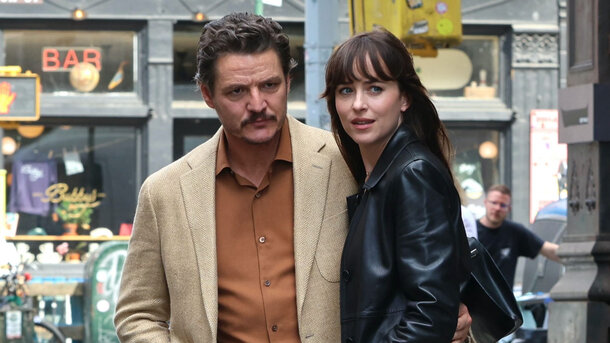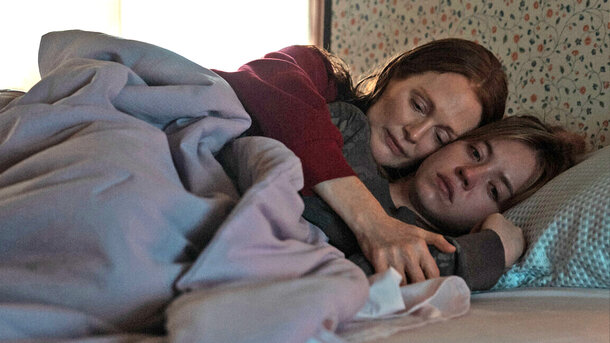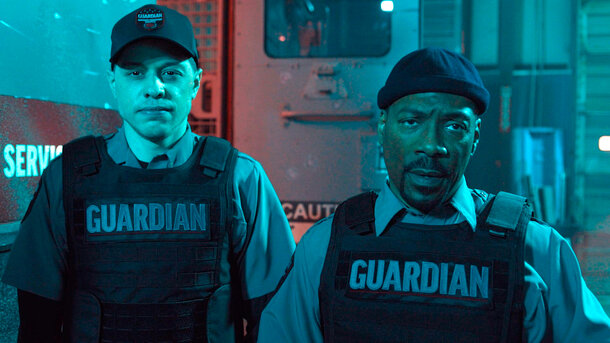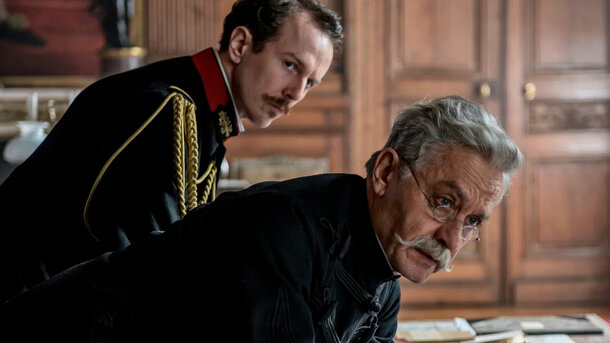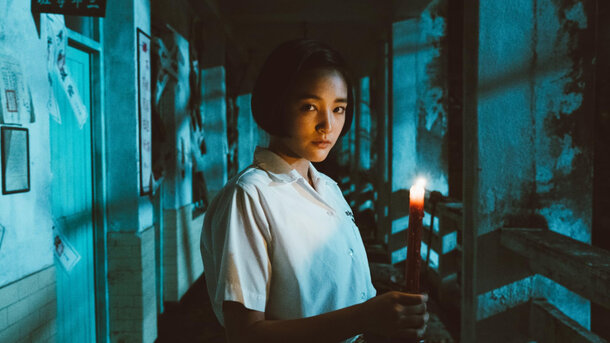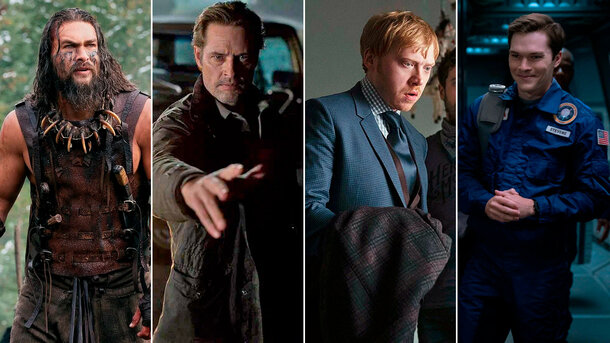And Black Bag doesn’t exactly disappoint — it toys with intimacy and intrigue in equal measure. If you’ve ever wondered what happens when you blend Mr. & Mrs. Smith with a slow-burn Le Carré thriller, this one slips right into that niche — albeit with its own quirks.
When Trust Becomes a Weapon
Black Bag draws us into the marriage of George and Kathryn Woodhouse — ex-intelligence officers who are either retired or reactivated, depending on who’s asking. When Kathryn is accused of treason, George is caught between proving her innocence and facing the fact she may have betrayed them both. It’s less a high-octane shoot-’em-up and more a simmering pot of secrets, manipulations, and longing looks across empty hotel rooms.
The emotional core here isn’t just the spy-vs-spy antics — it’s that painful question: Do I really know the person I love?
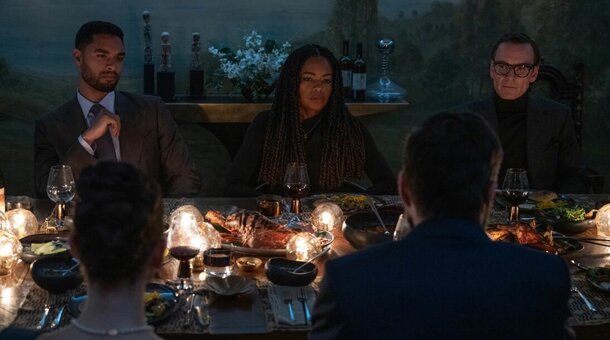
Director’s Touch: Stylish Stillness from Soderbergh
Steven Soderbergh is no stranger to sleek, cerebral thrillers, and Black Bag is stamped with his cool precision. Scenes are often quiet, draped in natural light or moody shadows, letting tension ferment. His restraint is palpable — no car chases for spectacle’s sake. Instead, we get long takes, handheld camera intimacy, and a mood that borders on claustrophobic. It’s confident, it’s calculated — it’s very Soderbergh.
Performances: A Masterclass in Mistrust
Cate Blanchett is, predictably, magnetic. She glides through the film as Kathryn, all enigmatic glances and emotional opacity. One moment you believe her innocence, the next she’s terrifyingly inscrutable. Fassbender matches her beat for beat, portraying George as both romantic and razor-sharp. Their chemistry carries the entire film — without it, Black Bag would unravel.
Naomie Harris and Regé-Jean Page bring flair to supporting roles, though they’re more flavour than focus. Pierce Brosnan, in a small but pivotal part, adds that old-school espionage gravitas.
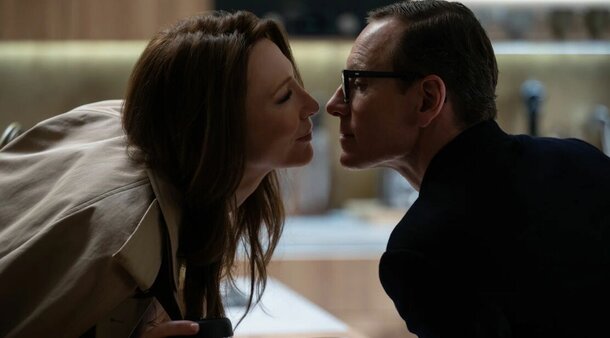
Cinematography & Sound: Understated and Unsettling
Shot largely in London and at Pinewood Studios, the film favours muted palettes — greys, soft blues, browns — reflecting its moral ambiguity. The costume design (a surprise collaboration with Dunhill) adds luxury to the shadows. David Holmes’s score is atmospheric, droning and pulsing like a heartbeat under interrogation.
Themes & Symbolism: Marriage, Manipulation, and Nationalism
What’s clever about Black Bag is how it mirrors political allegiances with romantic ones. Is Kathryn's betrayal personal or patriotic? Is George fighting for love or for his own reputation? These questions gnaw throughout, making the film feel more intimate than many spy flicks dare to be.
Audience Reactions: USA vs. UK
In the UK, viewers have leaned into the film’s noir tone and psychological undercurrents, praising its elegance and subtlety. British critics have compared it favourably to The Constant Gardener and Tinker Tailor Soldier Spy.
In the US, the response has been more divided. Some expected more action and faster pacing, while others celebrated the cerebral storytelling. Audiences there often label it a “slow burn” — in both admiration and complaint.
Final Verdict
Black Bag is less about explosions and more about emotional detonation. It’s moody, meticulous, and at times maddeningly slow — but it’s also clever, classy, and utterly anchored by two tour de force performances.
IMDb Rating: 6.9/10
My Recommendation: Watch it for the acting, stay for the secrets — just don’t expect Bond-level thrills.
Would I watch it again? Probably — if only to see what I missed the first time around.
